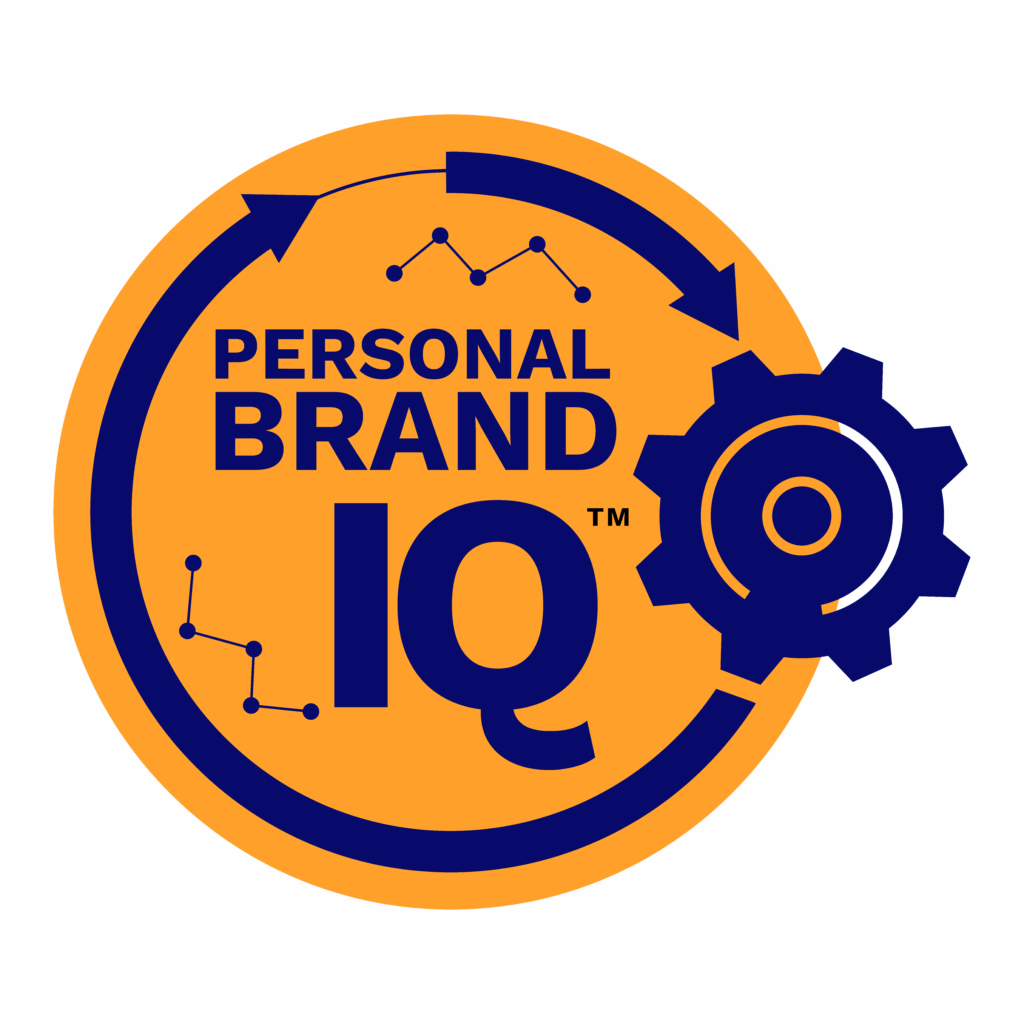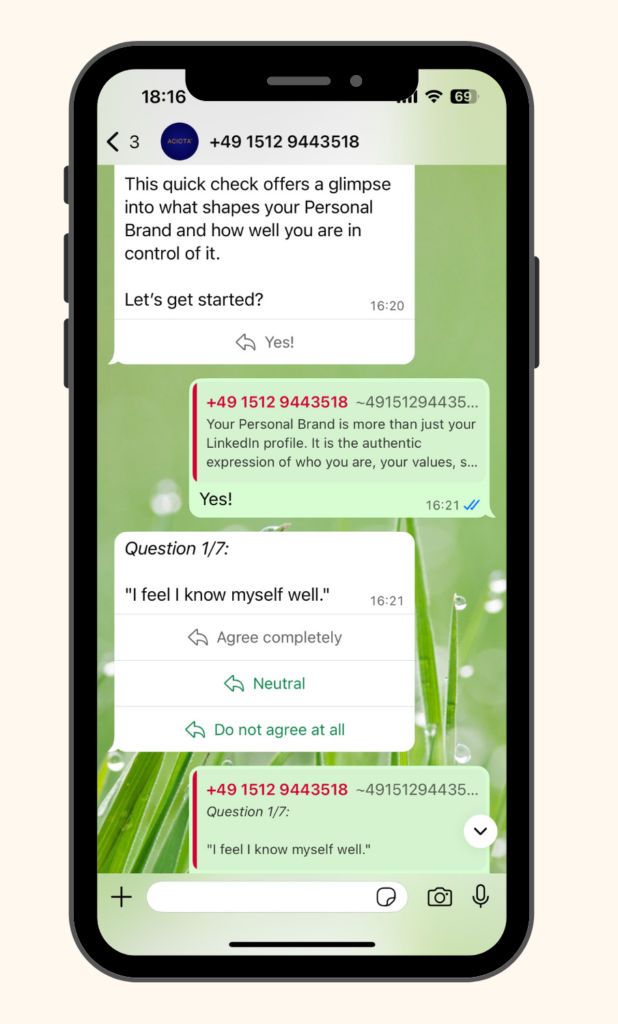A portfolio career is a deliberate approach to managing your career. It involves building a solid personal brand and strategically distributing yourself across multiple projects or jobs. You may be familiar with the concept of ‘portfolio investing,’ which involves diversifying your investments by spreading them across different asset classes or industries. Similarly, portfolio careers involve diversifying what you do to avoid being pigeonholed into one type of work throughout your career. This is especially important when starting your career as it allows you to build up a solid foundation for success by gaining experience in several fields before settling down at one job for life.
It is ok not to stick to one career for life
In fact, it’s not just ok–it’s encouraged! The world of work has changed dramatically over the past few decades, and many people now have several career paths throughout their lives instead of one long-term job with one company. While this can be scary at first, it also means more opportunities than ever before for you to try new things and explore new fields. If something doesn’t work out or doesn’t feel right anymore, don’t be afraid of change; instead, embrace it as an opportunity to learn something new about yourself or discover what else might make sense as a path forward in your life (and career).
Do what you love and love what you do
To effectively manage your brand, you must be passionate about and love what you do. It’s easy to get caught up in the daily grind of work and forget why we started doing it in the first place. Take time each day to reflect on why this career path is important for you and how it can help others.
What is a “portfolio career”?
A “portfolio career” combines different jobs you do instead of just one job. It’s not a job change; it’s a new way of working.
A portfolio career can be an opportunity to learn new skills and gain experience in areas that interest you while building your reputation as an expert in these fields. You may also decide to move into different industries or sectors over time- from digital marketing to sales or HR- but this doesn’t mean abandoning the work you did before; instead, it allows for further development within those disciplines.
Be true to yourself, and don’t conform to the status quo
As you begin this journey, it’s important to remember that being true to yourself and your goals is more important than conforming to the status quo. You have to be willing to take risks, stand out from the crowd, and try something new.
You may not be able to predict what will happen next in your career path–or even if there will be another job after this one. But by building up your skillset and personal brand instead of worrying about staying put at any one place forever (or even just for a couple of years), you’ll be able to weather any professional storm easily!
Choose what is important to you to be known for and build your image around it
The first step to building your personal brand is defining what you want it to be. You need to choose what is important to you and build your image around that. For example, if being known as a great leader is important to you, then make sure that’s how people see you. If being a good friend and mentor is more important than any other trait, then make sure others know that too! It may seem like common sense, but many people forget this step–and end up with ambiguous or confused personal brand messages instead of a couple that truly reflect who they are as individuals.
You need to define your values (the things that matter most) before setting out on this journey: Who am I? What do I value most? How will these values help guide my career decisions? Once again, these questions seem obvious, but many people don’t bother answering them until after making bad decisions based on shortsighted goals rather than long-term happiness.
Be consistent with your personal brand and values
Consistency is the key to building credibility. If you are consistent in your personal brand, people will always know what to expect from you, and this builds trust. The more credible you are, the easier it will be for people to recommend your services when they need them.
In addition to being consistent with your values and approach, it’s important not to be afraid to share information about your experiences (even if they aren’t directly related). This helps ensure that no one gets left out of conversations or opportunities because they don’t have enough information about what happened in a previous job or project.
With the right attitude and mindset, you can be successful in any career. The key is to know what makes you unique and then build your brand around it. The most important thing to remember is that there are no limits to building your personal brand!






